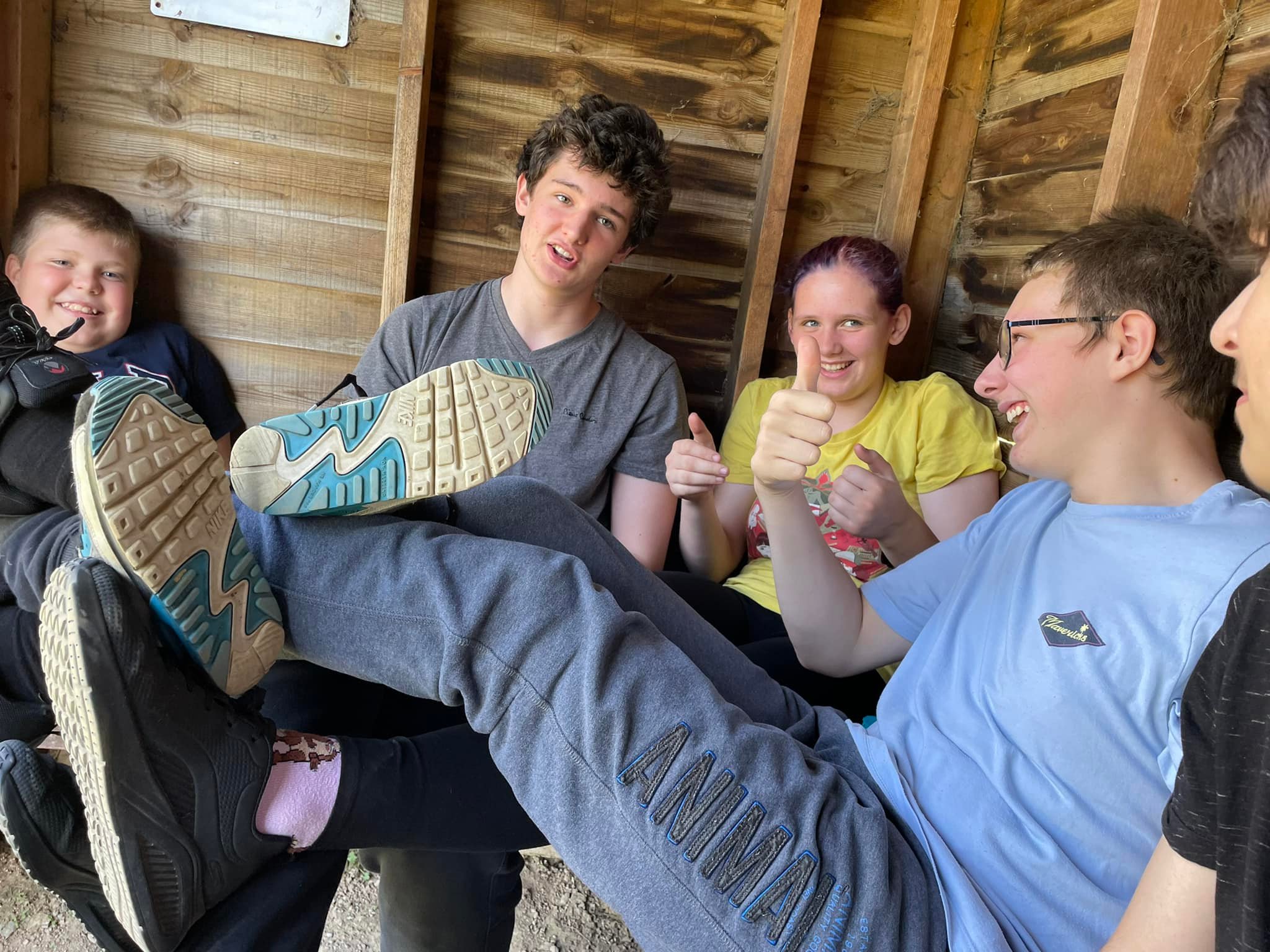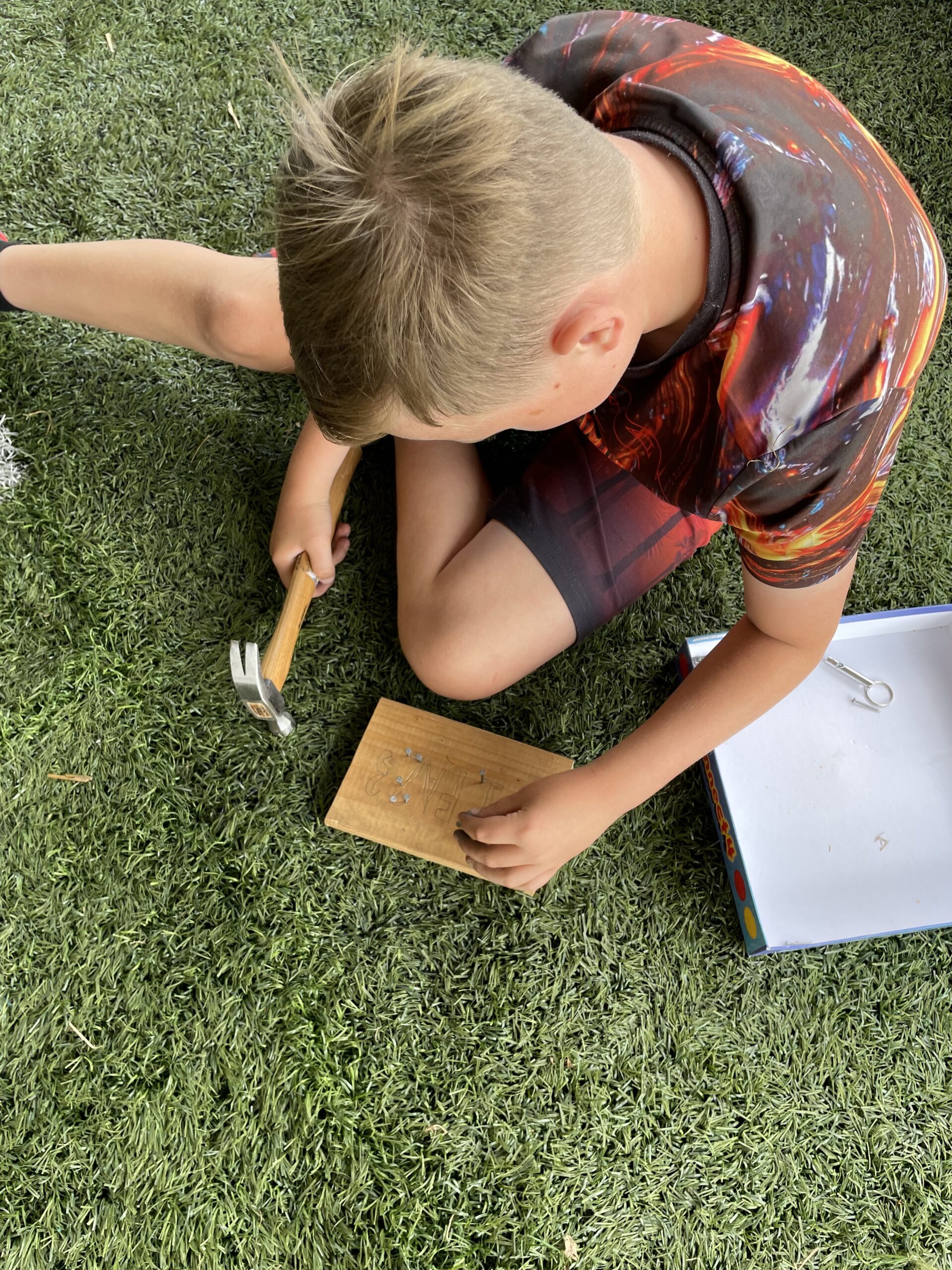Home Education
Unique, varied and enriching educational groups that can suppliment Home Education.
– Positive and Supportive Facilitators
– Neurodivergent Friendly
– Groups of 15
– Emphasis on building confidence and self-esteem
On this page you will find: What we offer, A Home Ed Overview, FAQ, Law, Abbreviations
If you have responsibility for a young person, you also have responsiblity for their access to education. Whilst most decide to “outsource” this to a school – many families (in excess of 100k in the UK) choose not to and instead they “electively home education”. These young people all learn in different ways and have different styles of education.
Learning can happen anywhere
Whether you are in school or not – learning happens constantly – at home or on holiday or visiting parks, museums, village halls, education centres, shops (the list goes on). It can also happen at any time of day – so there is no need to stick to a time-table (unless this works best for you). Some young people love learning through hands on exploration and experimentation – others love online programmes and others still, love workbooks or reading. Some young people like a mix of styles.
Rama Life offers a range of groups and activities that provide learning opportunities, including Forest School, Maths, English, Science, Sports, Arts & Crafts, Cooking and more. We also offer the Duke of Edinburgh Award to young people aged 14 and above.
Are you new to home education or just thinking about it as a possible option?
Our Home Ed FAQ is at the bottom of this page that provides lots of free information and can help you with the process. We will also be providing added value services – including an affordable “Home Ed Essentials” pack that will include lots of valuable information, in video and text formats. There will also be the ability to book in with Rama CEO, Jenn Hodge, to discuss your specific situation.


Our Groups
Our groups are facilitated by friendly, experienced, leaders (many of whom are qualified teachers) who offer an encouraging and supportive environment. In addition to the learning opportunities, groups help develop teamwork skills and positive working relationships with others. Read more about us to understand our aims.
Our Team
Rama Life’s team support families right to choose how to educate – be it at home or school. Our team have learned or lived experience of mainstream schooling, private education, home education and specialist provision.
Trust and Respect
We work with families, schools and a variety of other organisations. We understand and respect the importance of privacy to families and all information that we hold for you is held securely and treated with confidence.
If we felt it was beneficial to share any aspect of your information, we will only do so with your express permission (or if it is appropriate under our safeguarding policy).
Click Here for a full list of our groups that can be accessed by young people.
If you have any questions about our Home Education provisions, please get in touch.
Home Education FAQ
What is Home Education?
(Gov UK Definition):
You can teach your child at home, either full or part-time. This is called home education (sometimes ‘elective home education’ or ‘home schooling’).
When a parent decides not to send their child to school full time, but takes responsibility for ensuring that they receive an education (full time) out of school.
- Abbreviations commonly used (listed at the bottom of this page)
- Legislation England
Educating your child at home – GOV.UK (www.gov.uk)
Elective home education: guide for parents (publishing.service.gov.uk) - Legislation Scotland
Home education guidance – gov.scot (www.gov.scot) - Legislation Wales
https://www.gov.wales/elective-home-education
https://www.gov.wales/elective-home-education-information-leaflet - Legislation Northern Ireland
https://www.nidirect.gov.uk/articles/educating-your-child-home
Legislation for England in simple terms:
- You are not required to have any teaching qualifications to home educate your child/children.
- You are not obliged to meet any targets/goals, take any exams or meet any deadlines – only to provide a suitable education (for which there is no definition)
- If you are removing a child from school, you have to inform the school, before you can start home educating. You do not need their permission or to give them any form of notice period. There are template letters available on the internet for assistance with this.
- Unless you choose to, you do not need to follow a curriculum, take any exams, have a timetable, or give formal lessons.
- If your child is attending school because of a school attendance order, you must get permission from your local council, before you can educate them at home.
- If your child is not on-roll with a school you do not have to inform the LA that you are home educating (eg if your child is under school age) – but you can choose to if you wish.
- You have to provide the LA with a written report outlining the progress you child is making – but only IF you are asked to. You are not required to share examples of work if you choose not to, or to have a home visit. Each local authority has different expectations but cannot set the law overrides any “local rules”.
- There is no definition for full time education.
What does Rama Life offer the home education community?
Rama Life works within many aspects of education. We create safe and positive learning spaces, remove barriers to education and provide enriching experiences and opportunities. We value all people and support the concept that intelligence is not a singular entity, but a range of skill sets and we help people discover which one/s they align with.
Rama Life is run by a skilled and experienced team and offers a range of groups and learning opportunities. Our educational groups range from academic subjects, outdoor learning, arts and sports with a social and wellbeing overview. We also run family and toddler groups. We have a safe and secure site that is being developed, to offer a safe and fun space for all. We also offer advice and guidance to home educators based on our own experience and knowledge of the home educating world.
Do I need to be home educating to access your resources, support and courses?
No, anyone can access this information and if home educating your own children is something you are considering, we can offer useful support and advice.
What can I get support with?
We can offer support and advice with most things home educating related, whether that is to help you, your child(ren) or family.
Please note, we only offer educational groups, information and signposting. We will not tell you what you should do, or make recommendations on how you choose to interact with the Local Authority.
Why home educate
The answer to this question is varied. These are some of the reasons:
- Philosophical reasons: which could be wanting to provide educational freedom, wanting young people to learn through “life experiences” or disagreeing with aspects of the curriculum or the way in which mainstream education works.
- Environmental reasons: this could be associated to a military family that moves regularly, a travelling family or a family where the young person performs in theatre/films/dance/circus.
- School not meeting needs: This may be due to Neurodivergence, disability or advanced academic ability
- School associated trauma: This could be associated with bullying or anxiety.
Some families home educate from day one, some start after a period of time in school and some dip in and out of school over the years.
There is no right or wrong way to access education, and learning experiences. Rama Life dispel the myth that education can only be achieved through traditional routes and we use groups, workshops, discussion groups and clubs to provide a wide variety of learning opportunities, all within a positive framework.
Is home education right for my family?
Home education could be a positive option for the majority of families – but everyone’s situation is different and there are lots of things to consider.
We advise taking time to research Home Education before making the decision – this could be through Google (articles/blogs/watching videos etc) or by speaking to families who are already home educating. You can do this through social media, accessing parent led groups and through Rama Life. Although you may choose to speak to schools/LA about Home Ed, please be aware that there is a lot of miss-information and there is often educational bias – so it is always best to get a wide range of opinions.
Rama Life will be offering more information on starting out as a home educator very soon. Including providing you with a list of things to consider before deciding if HE is right for your family and answers to common questions and concerns.
Can I home educate?
In almost all cases the answer is yes (if a compulsary school attendence order is in place for your child, you will then need to seek permission from the local authority to do so).
Deciding to home educate can feel like the easiest and hardest decision to make. For the vast majority of families it is an incredibly positive experience – but it is not without its challenges – but as school also comes with it’s challenges, it is mostly a case of deciding which model of education will fit your young person and your family best.
Can I Home Education a 16-18 year old?
Yes, some young people either decide to leave school to be home educated at the end of year 11 or they have been out of school for a longer period. You are able to access a wide range of self-taught subjects or skills and leader/tutor lead groups at 16+.
Common Abbreviations
EHE – elective home educating
LA – Local Authority
EA – Education Authority (N Ireland)
CSA – compulsory school age
CME – child missing in education
EWO – education welfare officer
SEN/SEND – special educational needs / special educational needs and disabilities.
EHCP – education health and care plan
DfE – department for education
Home Education – when a parent chooses not to opt their child into the school system, they take full responsibility to ensure their child receives a full time education.
Home Schooling – A term used in America for their equivalent to Home Education
Learner – Usually used to refer to a young person in an education or Home Education environment
Natural Learner – Young people following their own interests and passions and creating their own interaction with the world in which they learn.
Learning Style – This refers to how a person develops skills and how they undertake the process of learning. The four most basic styles are: Visual, Auditory, Read/Write, and Kinaesthetic – you can also include people who learn well on their own or in a group.
Curriculum – Refering to a pre-designed list of subjects/topics/themes that will be delivered or made available to someone. This can be as formal as the National Curriculum, or could be as informal as a football training programme or a list of life skills that a young person wants to develop.
